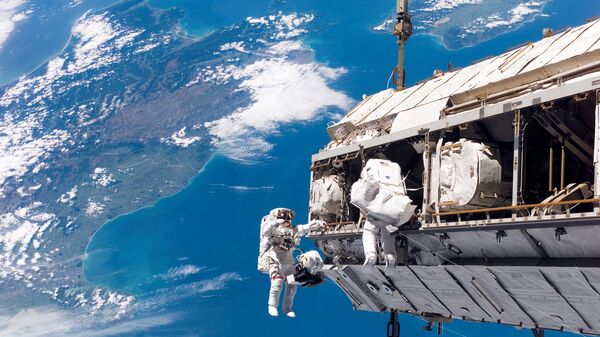"NASA's ability to process certification data packages for its two contractors continues to create uncertainty about the timing of certification", the report stated. "In addition, the program allowed both contractors to delay submitting evidence that they have met some requirements. This deferral has increased the amount of work remaining for the program prior to certification".
Before any missions can occur, NASA must certify that contractor vehicles are safe for human spaceflight, the report said.
While both SpaceX and Boeing originally planned to be certified in 2017, now neither is expected to be ready until late 2019, at the earliest, according to reports.
NASA has paid Russia for seats on the Soyuz spacecraft since the US space shuttle program was retired in 2011. To prepare for delays in the commercial program, the agency recently extended its deal with Russia through September 2020, the report noted.
The report recommended that NASA develop a contingency plan for uninterrupted access to the space station beyond September 2020.
In 2014, NASA awarded contracts to Boeing and Space X, worth a combined total of up to $6.8 billion, to develop crew transportation systems and conduct initial missions to the orbiting laboratory.

